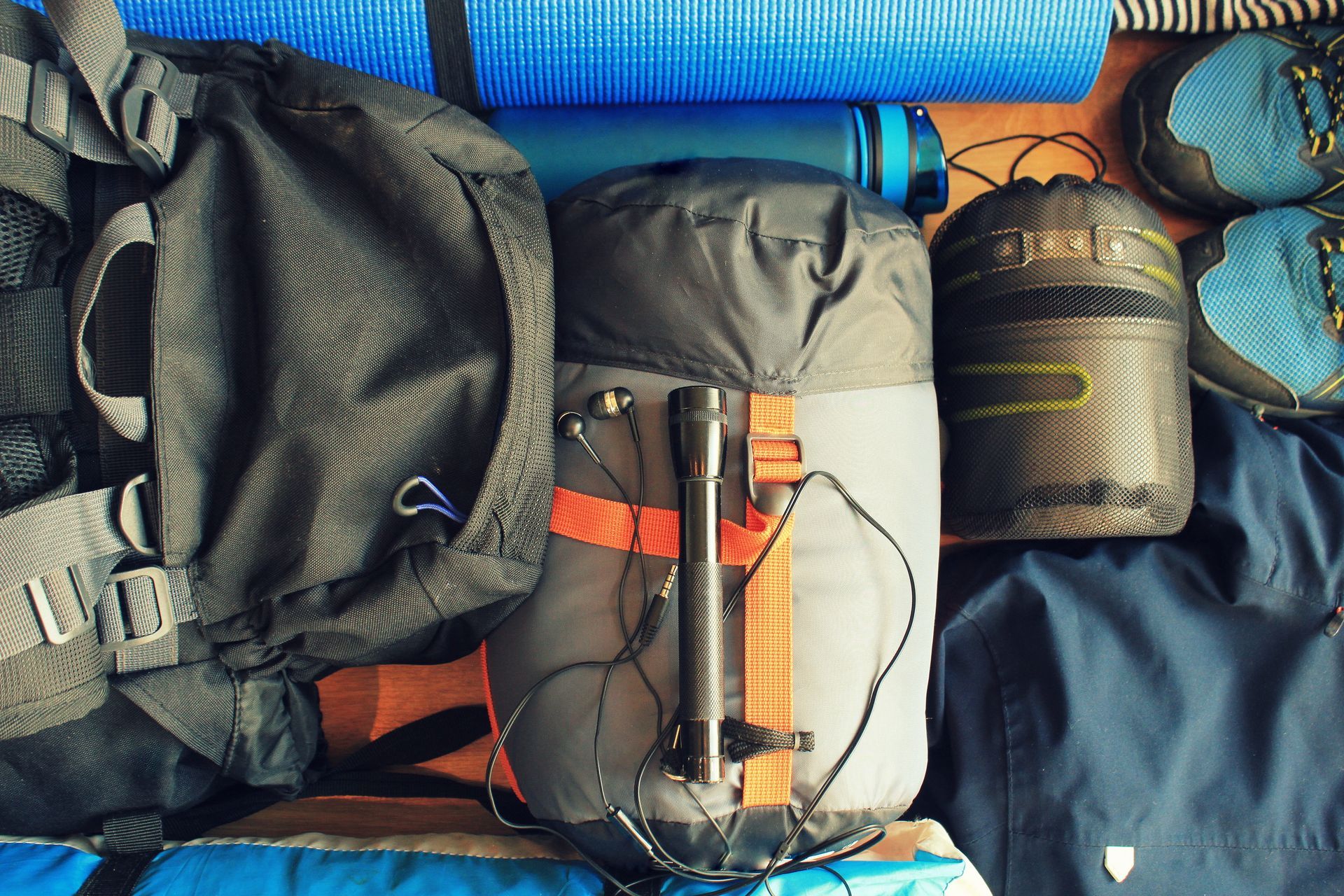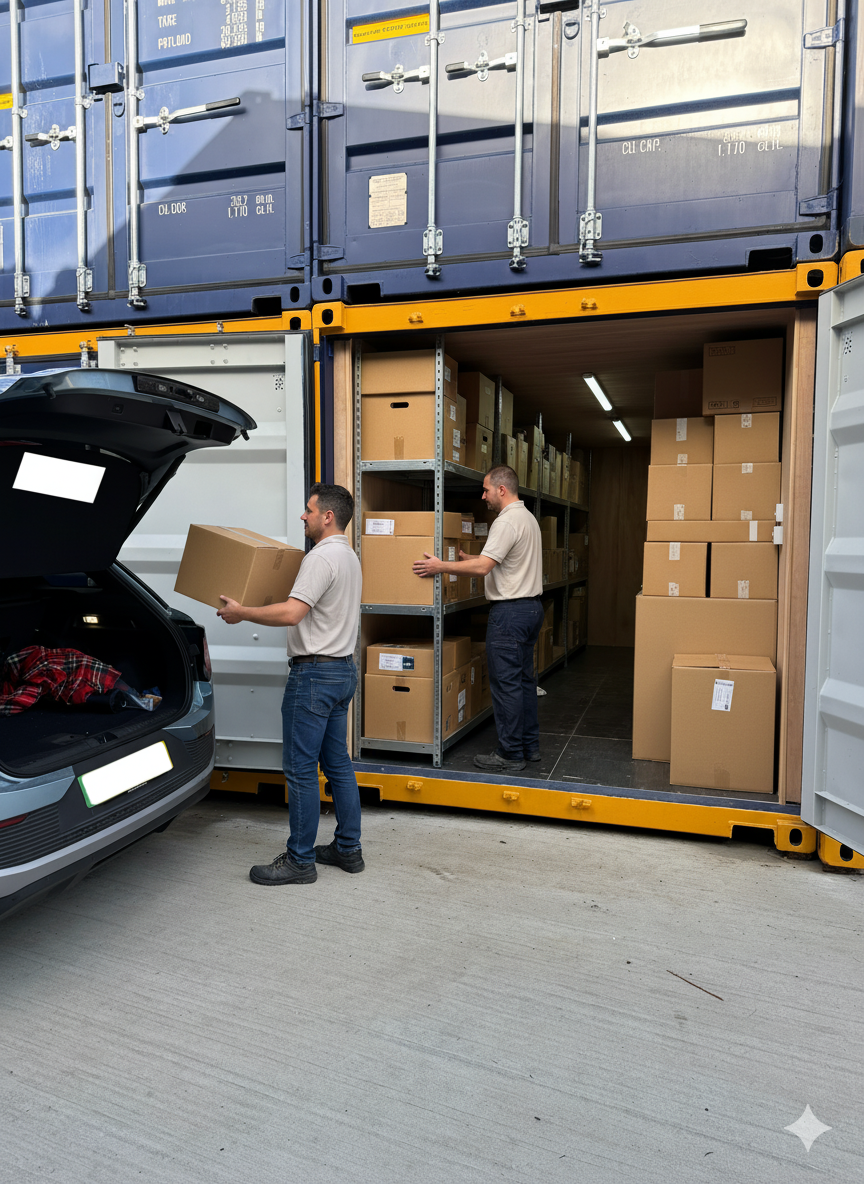
HOW TO STORE CAMPING EQUIPMENT SAFELY DURING THE OFF-SEASON?
Camping enthusiasts know that the end of the camping season doesn't mean abandoning the great outdoors for months. However, storing your camping gear properly during the off-season is crucial to ensure it remains in top condition for your next adventure. At Flexible Storage, we understand the importance of preserving your investment in quality camping equipment. Here are some tips on how to store your camping gear safely and efficiently, so you are always ready when adventure calls.
Clean and Dry Your Gear
Before storing any camping equipment, make sure it's clean and completely dry. Dirt, moisture, and residues can lead to mould or mildew formation as well as the development of unpleasant odours. Clean your tents, sleeping bags, and cooking equipment following the manufacturer's guidelines. Ensure they are thoroughly dry before packing them away.
Invest in Quality Storage Containers
Choosing the right storage containers is crucial for protecting your camping gear. Invest in durable, airtight containers to keep everything safe and organised. Label each container clearly for easy identification when you're ready to head out on your next adventure.
Consider Climate-Controlled Storage
If you have a substantial amount of camping gear or lack space at home, consider renting one of our airtight, fireproof and watertight storage units. Our units are the perfect solution to store high volumes of items while safeguarding them from extreme weather conditions.
Hang and Elevate Your Sleeping Bags
To preserve the loft and insulation of your sleeping bags, avoid storing them in compressed stuff sacks. Instead, hang them in a cool, dry place or store them loosely in a breathable cotton storage bag. This ensures they retain their warmth and comfort for longer.
Protect Your Tent
Proper tent care is crucial for its longevity. Ensure it's clean and dry before packing it away. Store the tent poles separately in a protective case to prevent bending or breaking. Use a loose storage sack to avoid compressing the tent fabric, which can reduce its waterproofing capabilities over time.
Maintain Your Cooking Equipment
Clean and inspect your cooking equipment thoroughly. Remove any food residues, grease, or grime that may deteriorate your equipment during storage. Lubricate moving parts of stoves and grills and store them in a cool, dry place.
Regularly Check and Rotate Stored Items
Periodically check on your stored camping gear to ensure it remains in good condition. Rotate items within the storage space to prevent any long-term compression or damage. This practice helps you identify any issues early on and ensures everything is ready for the next camping season.
By following these simple yet effective tips, you can confidently store your camping equipment during the off-season, knowing it will be in excellent condition when it's time to embark on your next outdoor adventure. At Flexible Storage, we prioritise the safety and preservation of your belongings, allowing you to focus on creating lasting memories in the great outdoors.
For more storage tips, check out our blog. To learn more about our services, visit our website or get in contact with us.
Happy camping!








